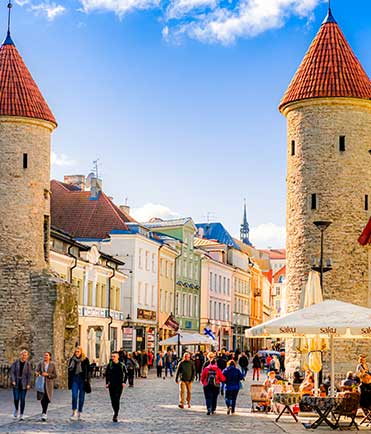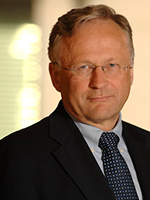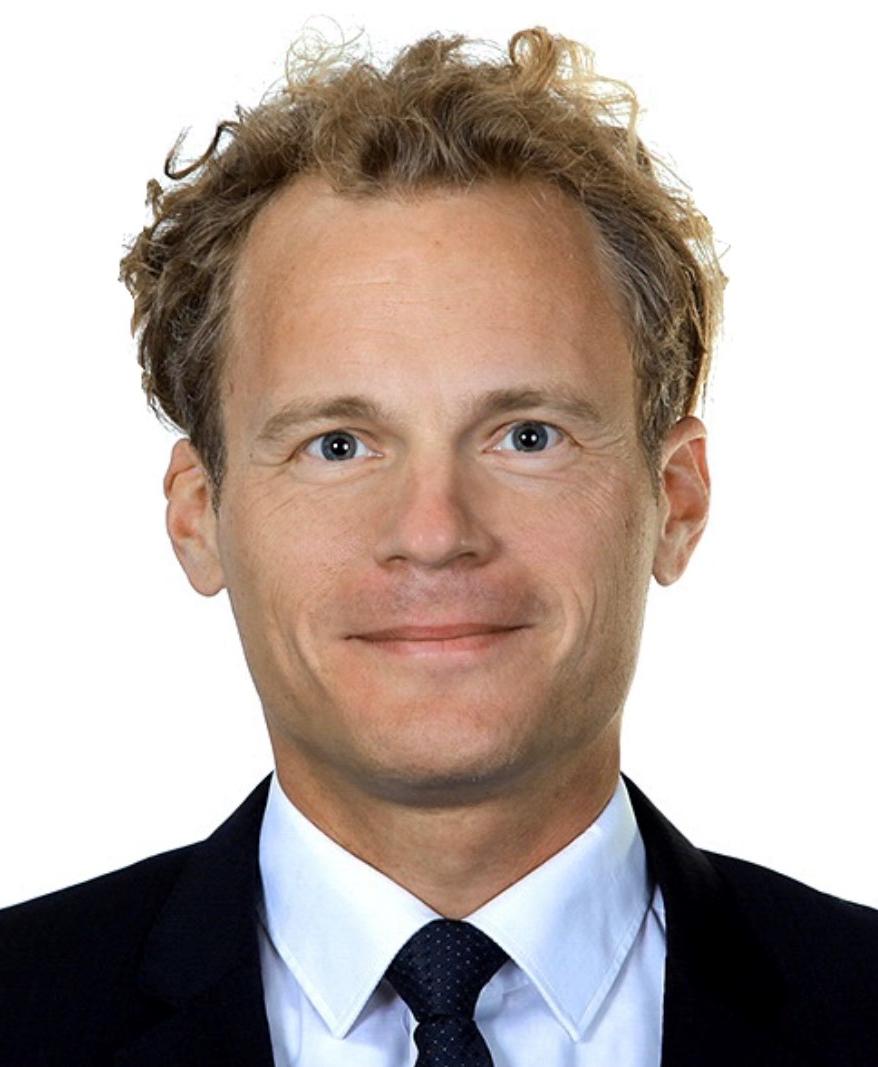Economic surveys and country surveillance
OECD Economic Surveys are periodic reviews of member and non-member economies. Reviews of member and some non-member economies are on a two-year cycle; other selected non-member economies are also reviewed from time to time. Each Economic Survey provides a comprehensive analysis of economic developments, with chapters covering key economic challenges and policy recommendations addressing these challenges.

Latvia Economic Survey 2024
Russia’s war of aggression against Ukraine has led to higher energy prices and disruptions in trade and supply chains, weighing on economic growth. Economic convergence had already slowed down before the pandemic, calling for accelerating structural reforms.
©Telly/shutterstock.com
Latvia Economic Snapshot
Estonia Republic Economic Survey 2024
Estonian living standards have doubled since 2000 and income convergence was steady prior to the pandemic, although per capita GDP and productivity remain below the OECD averages.
© Kapi Ng/shutterstock.com
Estonia Economic Snapshot
New Zealand Economic Survey 2024
After a strong recovery from the pandemic, the New Zealand economy has slowed, with higher interest rates weighing on housing construction, and inflation undermining purchasing power and consumption.
©Vincent Koen/OECD
New Zealand Economic SnapshotUseful links
- Economic Counsellors
- List of Economic Survey Special Chapters by country
- EDRC Timetable (2024)
- Access the EDRC Community (restricted to committee members)
About Economic Surveys and the Economic and Development Review Committee (EDRC)
The Economic and Development Review Committee (EDRC) is at the core of the OECD’s peer review mechanism. This Committee is made up of representatives of all 38 OECD member country governments and the European Union. It examines economic trends and policies in individual OECD and selected other economies, as well as in the European Union at large, assessing performance and making policy recommendations. In so doing, it builds on the experience and lessons learnt across countries, with a view to promote good practices.
Each economy is reviewed about every two years. The results are published in the form of an Economic Survey, aimed at promoting a better understanding of the economic situation and key challenges facing the authorities, and pointing towards ways of improving overall economic performance.
The Surveys have evolved since the EDRC’s creation in 1961, when they were mostly focused on macroeconomic developments and policies. Now there is a heavy emphasis on structural policies and their interaction with macroeconomic policies. The workings of labour, product and financial markets are regularly examined, together with the role of the public sector. So are policies to address inequalities, including gender inequality, as well as environmental challenges, and particularly climate change.
The Surveys generally include a detailed analysis of a specific structural topic. Recent topics have included climate change, digitalisation, education, innovation, fiscal federalism, housing, health, migration and competition, based inter alia on cross-country analysis carried out in the Policy Studies Branch of the Economics Department and in the OECD’s specialised Directorates.
The Surveys are discussed by the EDRC with participation by member countries’ and the European Union’s permanent delegates to the OECD. The national delegates are sometimes assisted by experts from their governments. The country under examination is generally represented by a delegation of high-level government officials. To make the process manageable and efficient, the Committee designates two of its members as lead examiners for each review.
A draft Survey prepared by the Secretariat serves as the basis for the examination. After the plenary EDRC meeting, the Secretariat revises the draft Survey in consultation with the country under review, to take into account the comments and recommendations made by the Committee. The Committee then approves a final version for publication under its own responsibility. A key feature of this process is that all Committee members agree on the final report. It is not solely the responsibility of the Secretariat, although obviously its judgements are an important input, nor does it simply accommodate the views of the country under review. Through this interactive process, a large degree of consensus is reached on the analysis and recommendations, and the Survey becomes a commonly owned product.
EDRC Bureau Members
 |
|
|
|
|
|
Svein Gjedrem EDRC Chairman |
Hélène Durocher, Canada Vice-Chair |
Johanna Modigsson, Sweden Vice-Chair |
Matthias Löhrl, Germany Bureau member
|
Homero Cárdenas Escalante, Mexico Bureau member |
 |
 |
 |
 |
|
|
Peter Johnson, Australia Bureau member |
Michal Drzka, Slovak Republic Bureau member
|
Skaidrite Rancane Slavinska, |
Ryder Thomas, United Kingdom Bureau member |
|
Economics Department: Country Studies Branch
Sebastian Barnes
Head of Division
Australia, Bulgaria, China, Denmark, Estonia, Italy,
Luxembourg, Poland, United States
Aida Caldera Sánchez
Mame Fatou Diagne
Head of Division
Czech Republic, Germany, Israel, Latvia,
Slovakia, Slovenia, Switzerland, European Union











